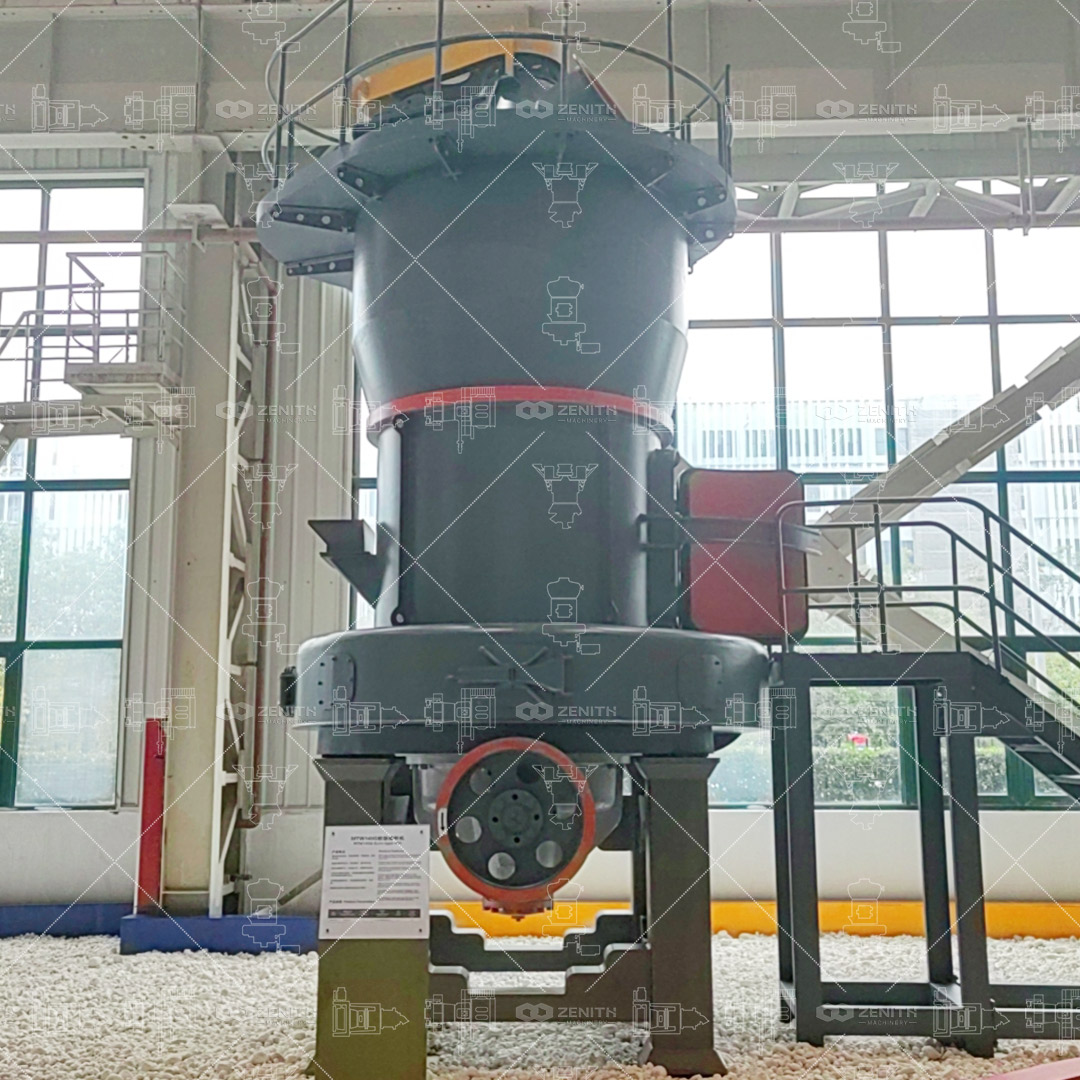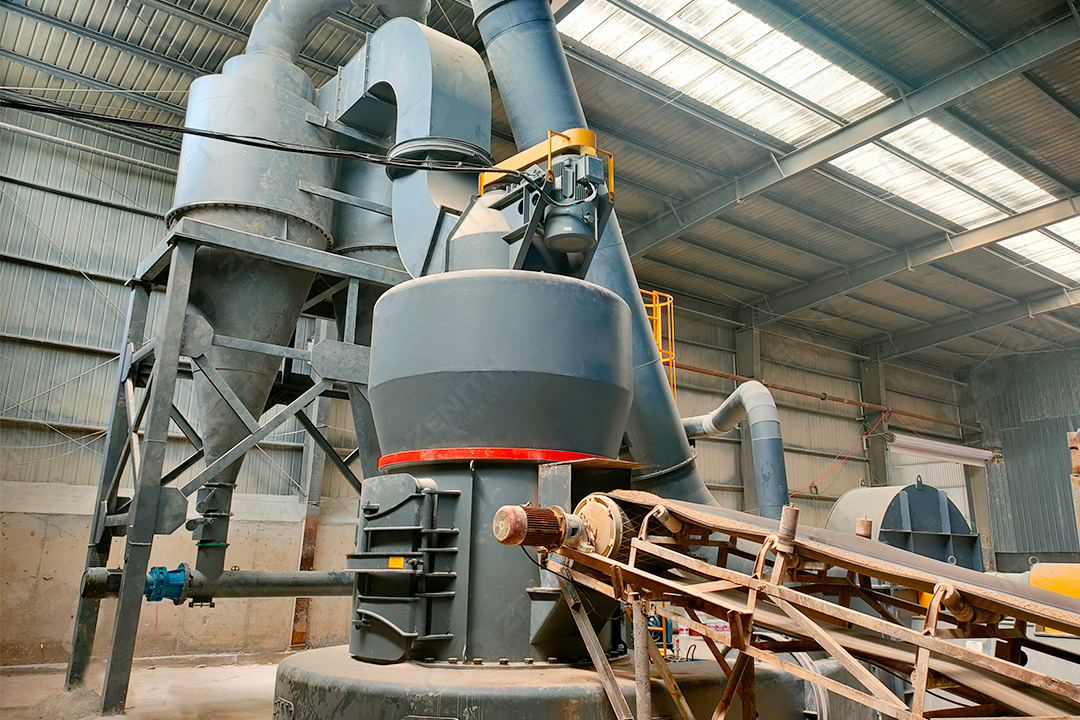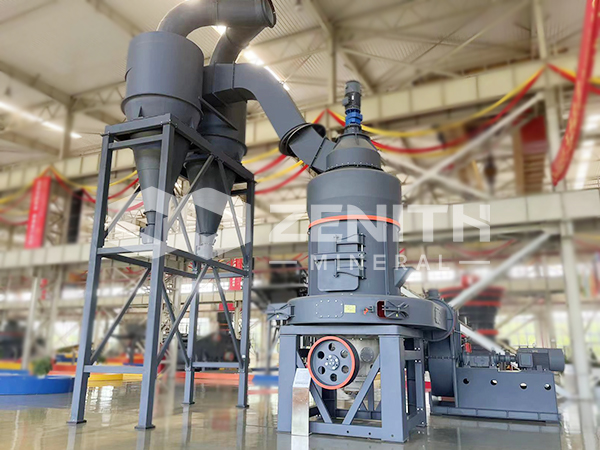Egyptian dolomite grinding production line manufacturer
2025-11-18 00:55:39
Egypt's rich mineral resources, particularly its high-quality dolomite deposits, present significant opportunities for industrial development. As a leading manufacturer of industrial grinding equipment, Shanghai Zenith Machinery has engineered specialized production lines that transform raw Egyptian dolomite into valuable fine powders for various applications across construction, agriculture, and chemical industries.
_1763398539474.jpg)
Our extensive experience in mineral processing has enabled us to develop optimized grinding solutions specifically for Egyptian dolomite characteristics. The unique crystalline structure and hardness variations of Egyptian dolomite require precisely calibrated equipment to achieve desired fineness while maintaining operational efficiency. Zenith's engineering team has conducted thorough material analysis to tailor our grinding systems to these specific requirements.
For coarse powder production (1-3mm) required in construction applications, our HM Series Hammer Mills provide an efficient solution. These mills utilize a unique crushing and grinding mechanism that ensures uniform particle size distribution, addressing the traditional challenge of uneven coarse powder production. With capacities ranging from 3-50 T/H and minimal space requirements, these mills offer exceptional value for large-scale dolomite processing operations.
When finer powders (20-400 mesh) are needed for agricultural or industrial applications, our MTW and MTM European Trapezium Mills deliver outstanding performance. These mills incorporate advanced German technology and have demonstrated energy consumption reductions of up to 60% compared to traditional ball mills. The modular impeller adjustment system allows operators to easily switch between different fineness requirements without significant downtime, providing remarkable flexibility for production facilities serving multiple market segments.
_1763398539476.jpg)
For ultra-fine applications (400-3250 mesh) in premium sectors such as plastics, paints, and advanced materials, Zenith offers two exceptional solutions: the LUM Ultrafine Vertical Grinding Mill and XZM Ultrafine Grinding Mill. The LUM series integrates Taiwanese grinding roller technology with German powder separation technology, achieving unprecedented control over particle size distribution. Meanwhile, the XZM series offers arbitrary fineness adjustment between 325-3250 mesh, achieving D97 < 5 micron in a single pass—a critical capability for high-value dolomite applications.
What sets Zenith apart in the Egyptian market is our comprehensive approach to production line design. We don't merely supply equipment; we engineer complete systems that consider material characteristics, production targets, energy efficiency, and environmental compliance. Our technical team conducts thorough site evaluations and material testing to recommend the optimal configuration for each client's specific needs.

The LM Vertical Grinding Mill series deserves special mention for large-scale dolomite processing operations. These vertical roller mills offer 24-hour continuous operation capability with automated control systems that significantly reduce labor costs. The compact integrated design reduces footprint requirements by approximately 50% compared to traditional ball mill systems, while the negative pressure operation ensures dust-free operation that meets stringent environmental standards.
Our commitment to innovation is evident in the LM-Y Vertical Pre-grinding Roller Mill, which represents the latest advancement in grinding technology. This equipment integrates sand making and grinding capabilities, providing exceptional flexibility for operations that serve multiple product markets. The hydraulic adjustment system and external roller maintenance features dramatically reduce downtime and maintenance costs.
Zenith's global experience, evidenced by our presence in over 180 countries and ISO, CE, and CU-TR certifications, ensures that our Egyptian clients receive world-class technology backed by reliable support. Our overseas offices in more than 30 countries, including strategic locations for serving the Middle East and North Africa region, provide localized technical support and spare parts availability.
_1763398539478.jpg)
Environmental considerations are integral to our design philosophy. All Zenith grinding systems incorporate advanced dust collection technology and operate under controlled pressure conditions to minimize environmental impact. The pulse dust collectors integrated into our systems ensure compliance with international environmental standards while maintaining operational efficiency.
For Egyptian investors considering dolomite processing ventures, Zenith offers not just equipment but partnership. Our technical consulting services include feasibility studies, production line design, installation supervision, and operator training. We understand that successful mineral processing operations require more than quality machinery—they require comprehensive solutions that address technical, operational, and business considerations.

The future of Egyptian dolomite processing looks promising, with growing demand across multiple industries. Through continuous innovation and customer-focused engineering, Zenith remains committed to providing the advanced grinding technology that will drive this growth while maintaining competitive operational costs and environmental responsibility.
Frequently Asked Questions
What is the typical energy consumption of Zenith's dolomite grinding systems?
Our MTW and MTM European Trapezium Mills consume approximately 60% less energy than traditional ball mills of the same capacity. The exact consumption varies based on material hardness and required fineness, but our systems are designed for maximum energy efficiency.
How does Zenith ensure consistent powder quality for Egyptian dolomite?
We incorporate advanced powder selection technology and automated control systems that continuously monitor and adjust operational parameters. The modular impeller adjustment in our trapezium mills and variable frequency drives in ultrafine mills provide precise control over particle size distribution.
What maintenance support does Zenith provide in Egypt?
We have established service networks and technical support centers strategically located to serve the Egyptian market. Our local partners are trained to provide prompt maintenance services, and we maintain critical spare parts inventory within the region to minimize downtime.
Can Zenith equipment handle variations in Egyptian dolomite hardness?
Yes, our grinding systems are designed with adjustable pressure and speed controls that can accommodate variations in material characteristics. The robust construction and wear-resistant materials in critical components ensure consistent performance across different dolomite qualities.
What environmental standards do Zenith grinding systems meet?
Our equipment complies with international environmental standards including European CE certification. The negative pressure operation, pulse dust collectors, and sealed systems ensure minimal dust emission and noise pollution.
How long does installation and commissioning typically take?
Depending on the production line complexity, installation and commissioning typically require 4-8 weeks. This includes foundation preparation, equipment installation, system integration, and operator training. Our project management team works to minimize this timeline while ensuring proper setup.
Can existing production lines be upgraded with Zenith technology?
Absolutely. We frequently work with clients to upgrade existing facilities with our advanced grinding technology. Our engineers can assess current setups and recommend appropriate upgrades that enhance efficiency and product quality while maximizing use of existing infrastructure.









